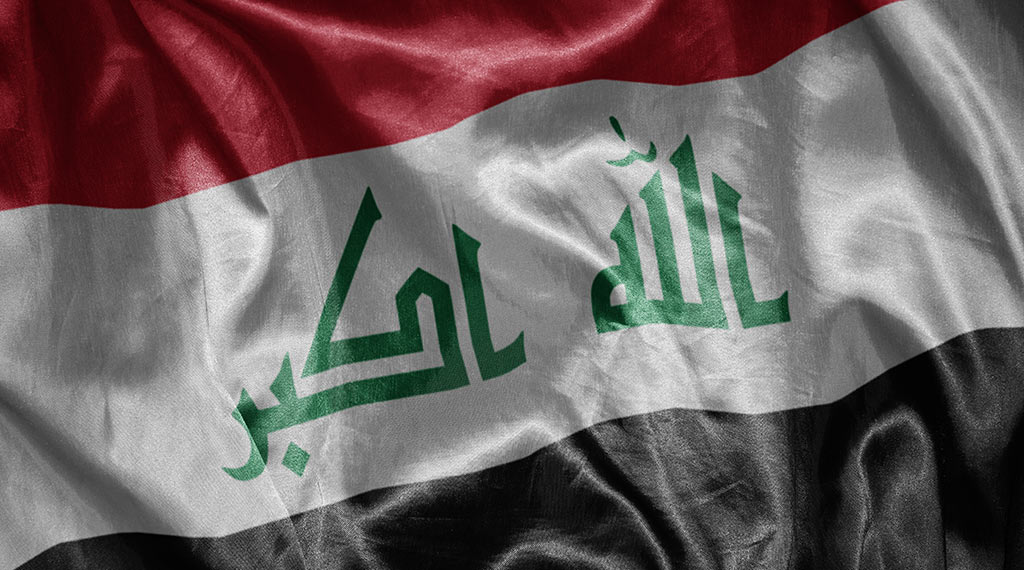
For the 19th year, Iraqis, Arabs and others around the globe differed on defining what happened on April 9, 2003, which marked the fall of Saddam Hussein’s regime and the opening of a new page in the modern history of Iraq.
It was undoubtedly a painful and sad day to see bombs falling on what was known as “Dar Al-Salaam” (home of peace) and feel what the Iraqi people had suffered for many years for a number of reasons. However, after all these years, the discussions and the arguments continue to describe that day differently. Was it liberation from an oppressive, authoritarian regime or an unjust invasion aimed at destroying the country?
For me and the thousands of Iraqis who spent many years abroad and worked to expose the crimes of the Saddam regime, we considered it liberation and an excellent opportunity to build a democratic Iraq that believes in the role of institutions and respects the law.
This division is also reflected in the statements and stances of Iraqi officials and politicians. Iraqi President Barham Saleh, a Kurdish politician who spent long years in exile opposing Saddam, stressed that the significant political transformation achieved after 2003 could not be underestimated while failures need to be acknowledged. “Establishing good governance will not be achieved without restoring the Iraqi people’s confidence in the state as the people are the legitimate source of authority. So the Iraqi people’s interest should be placed over any other interest,” he said.
Prime Minister Mustafa Al-Kadhimi’s opinion aligns with President Saleh’s, as he posted on Twitter that this date was an occasion to be reminded of the need to adopt the approach of reform and justice in the political system in order to achieve the aspirations of the people of Iraq.
Meanwhile, Raghad, the daughter of Saddam, who grew up under the wings of the brutal dictator, speaks freely on social media, delivering inciting speeches to mobilize support for the banned party and glorify the repressive regime. Unlike Alina Fernandez, the daughter of Fidel Castro, who became part of the dissident political movement to defend the Cubans against her own father, Raghad seems to defend and glorify all her father’s atrocities. “We will continue to work relentlessly with all those loyal to Iraq, God willing, until our country is liberated. Then, it will regain the status it deserves,” she said in a voice recording posted on her Twitter account.
Iraqi citizens have the absolute right to be angry at the current situation and its negative aspects, starting with poor or nonexistent public services, through to rampant corruption in the majority of the ministries, and ending with security, political and economic instability.
Who is responsible for what happened to the land of the cradle of civilization? Regardless of the US mistakes and violations in Iraq, the country is being built on a pluralistic system inspired and protected by the constitution and the law to save the people from decades of misery, oppression and injustice.
- Moderate Muslim voices deserve to be heard in America - July 25, 2023
- Specter of Afghanistan debacle haunts Biden - May 25, 2023
- Washington should scrutinize the motives behind Qatar’s unfriendly policies - April 7, 2023
